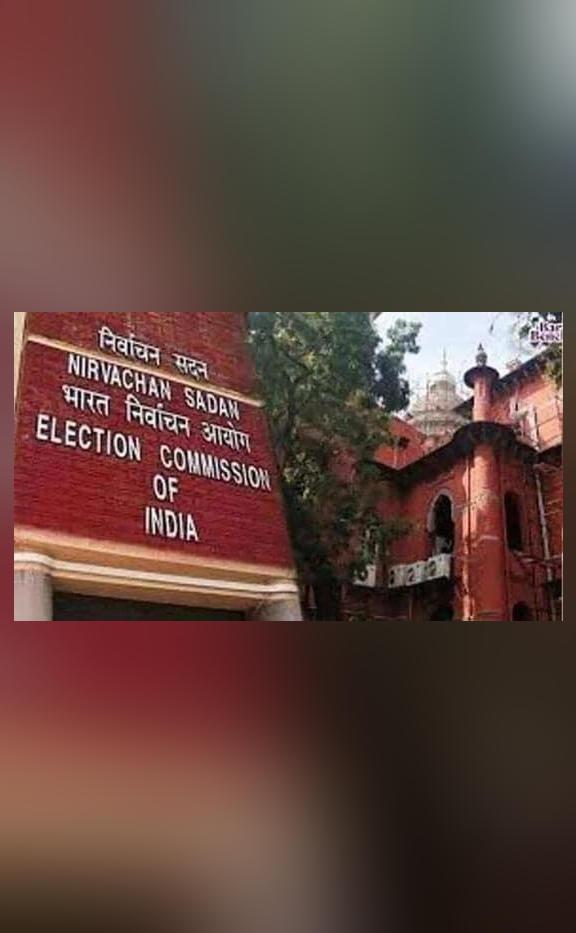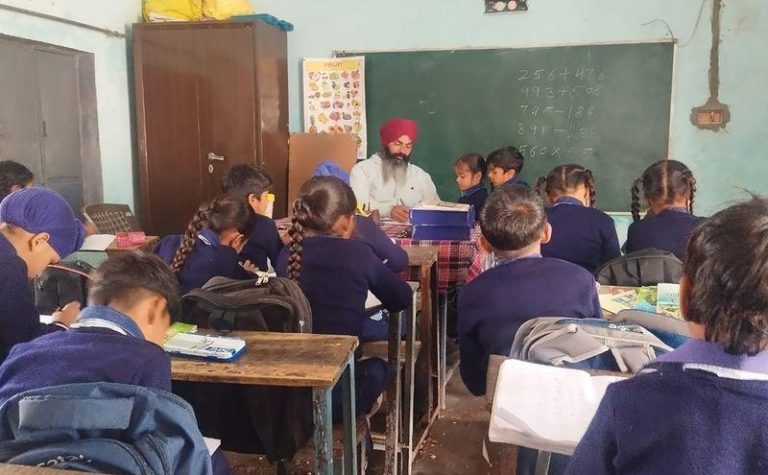
Aadhaar, Voter ID & Ration Cards Can’t Be Considered for SIR: ECI
In a recent development, the Election Commission of India (ECI) has rejected the Supreme Court’s suggestion to accept Aadhaar, voter ID, and ration cards as standalone proof of voter eligibility in the ongoing special intensive revision (SIR) of Bihar’s electoral roll. This decision has been met with a mix of reactions from citizens and political parties, with some hailing it as a step towards ensuring the sanctity of the electoral process, while others have criticized it as an attempt to disenfranchise certain sections of society.
The ECI’s decision was announced on Monday, and it has clarified that only the valid electoral photo identity cards, such as the electoral photo identity card (EPIC), will be accepted as proof of voter eligibility. This means that Aadhaar, voter ID, and ration cards will not be considered as standalone proof of voter eligibility for the SIR process.
The ECI’s decision comes in the wake of the Supreme Court’s suggestion to accept these documents as proof of voter eligibility. In a recent hearing, the Supreme Court had suggested that these documents could be used as proof of identity and address, thereby simplifying the electoral process. However, the ECI has rejected this suggestion, citing concerns about the accuracy and authenticity of these documents.
One of the primary concerns of the ECI is that Aadhaar, voter ID, and ration cards may not be universally accepted or available to all citizens. For instance, some citizens may not have an Aadhaar card, while others may not have a ration card. This could lead to a situation where some citizens are unable to exercise their right to vote, simply because they do not have one of these documents.
Furthermore, the ECI has also expressed concerns about the potential for manipulation and fraud if these documents are accepted as proof of voter eligibility. For instance, a person could use a fake Aadhaar card or voter ID to register as a voter, thereby compromising the integrity of the electoral process.
The ECI has also clarified that a person’s citizenship will not terminate on account of not being part of the electoral rolls. This means that citizens who are not registered to vote will not lose their citizenship status, and they will still be eligible to exercise their right to vote once they complete the registration process.
The ECI’s decision has been met with a mixed reaction from citizens and political parties. While some have hailed it as a step towards ensuring the sanctity of the electoral process, others have criticized it as an attempt to disenfranchise certain sections of society.
For instance, the Rashtriya Janata Dal (RJD) has accused the ECI of trying to suppress the vote of certain sections of society, including the poor and marginalized. The RJD has also demanded that the ECI reconsider its decision and accept Aadhaar, voter ID, and ration cards as proof of voter eligibility.
On the other hand, the Bharatiya Janata Party (BJP) has welcomed the ECI’s decision, citing concerns about the accuracy and authenticity of these documents. The BJP has also accused the RJD of trying to manipulate the electoral process and has demanded that the ECI take strict action against any attempts to fraudulently register voters.
In conclusion, the ECI’s decision to reject the Supreme Court’s suggestion to accept Aadhaar, voter ID, and ration cards as standalone proof of voter eligibility for the SIR process has been met with a mix of reactions from citizens and political parties. While some have hailed it as a step towards ensuring the sanctity of the electoral process, others have criticized it as an attempt to disenfranchise certain sections of society.
Ultimately, the ECI’s decision is aimed at ensuring the integrity and accuracy of the electoral process, and it remains to be seen how citizens and political parties will respond to this decision in the coming days.






